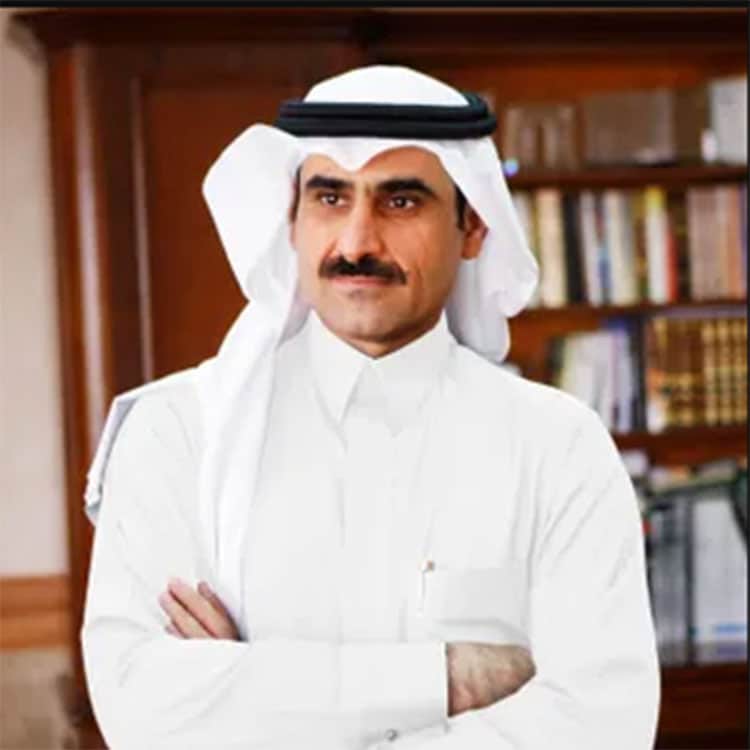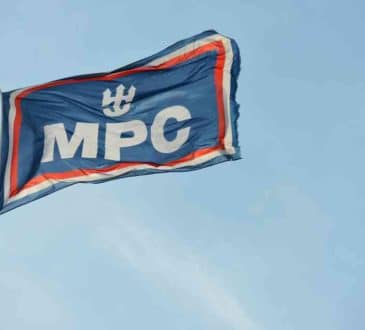Sheikh Youssef Al Shelash: Building Better Housing for Families

Yousef Al Shelash is the chairman of the real estate development company Dar Al Arkan. He’s also the chairman of Bahrain’s Bank Alkhair and the chairman of Saudi Home Loan Co. in Saudi Arabia. He understands that the public perceives business people like himself as mainly driven to make money. However, he says he’s also focused on ensuring he “builds houses and apartments in which families are growing. People are building families, and they live in a community. So this noble target is bigger than just the commercial target of building houses and apartments and making money.”
Yousef Al Shelash believes in the mission of bringing functional, affordable family housing not only to Saudi Arabia but across the Middle East, including the United Arab Emirates. He says that is “not only fulfilling a commercial target by generating for the shareholders of the company that requires right of return, but because they are in real estate, they are also involved in building cities, communities, and families. So I am building homes.”
The Importance of Authenticity in Business
Since it was founded 28 years ago, Dar Al Arkan has evolved into one of the biggest listed real estate companies in Saudi Arabia. Between that and the Alkhair Capital investment banking company based in Saudi Arabia and registered in Dubai International Financial Center, and Saudi Home Loans, he has the equivalent of $15 billion worth of assets under management.
Yousef Al Shelash credits his education with helping him establish a sense of authenticity in the real estate finance industry. He earned a Master of Science in law and legal proceedings from the Institute of Public Administration in Riyadh, Saudi Arabia.He also attended Imam Mohammad Ibn Saud Islamic University, earning a Bachelor of Science in Shariah. Additionally, Al Shelash received diplomas in combating financial crimes and banking and has undergone extensive training in financial management and evaluation of investment projects.
When real estate funds were becoming a big business, Yousef Al Shelash realized how much his law experience could be an asset in drafting funds. “People trusted me more because I was a lawyer,” he explains. “I was able to start acquiring real estate using those real estate funds and then helped more and more people subscribe to the funds.” His vision turned out to be a success. And he benefits from the fact that Dar Al Arkan can build the residential spaces, and Saudi Home Loans (SHL) can provide the financing, which is similar to the mortgage model in the United States. “Dar Al Arkan, which was created by six families in 1994, started with small projects and benefited from the market growth, and then the company went public in 2007,” says Al Shelash.
The lack of regulations proved to be the biggest challenge for SHL bringing home mortgages to the Middle East. “There wasn’t a proper regulatory framework in Saudi. When the company started, regulation was just starting up, too, and we have evolved together,” says Al Shelash. “But then, people did not understand that they could actually take a loan for 15 years or 20 years or 25 years. At that time, the full mortgage loan was still not established, as if, you don’t pay the loan, the house is foreclosed, and you end up losing your investment. This was not there. So the main challenge was evolving with the evolution of the regulation.”
Al Shelash says, “Now, after 15 years, there is a completely developed mortgage market in Saudi, you have all of these mortgage lenders, the banks, and the nonbanks. There are also refinancing companies that belong to the government that are also buying mortgages to continue providing liquidity to the market, but this was not there when Saudi Home Loans started. It needed to evolve with regulation, and they needed to convince so many banking institutions to provide funding for these mortgages.”
Yousef Al Shelash Talks Housing Trends
According to Al Shelash, many current trends are based on economic classes. “In the middle economic classes, we have seen a shift from stand-alone houses to apartments because real estate is becoming more expensive,” he explains. “Perhaps you have to move from a villa into an apartment. But, at the same time, utilities are becoming more expensive, and the utility bills of a villa are totally different from an apartment.”
He says this is a significant change from 15 years ago when “you would not see any Saudi national living in an apartment.” However, now there is a big trend of movement into living in apartments. “That has become an acceptable way of living,” says Al Shelash.
Does the opening up or modernizing of markets also have an impact? “Definitely, the opening up of the markets in terms of becoming more open to the external world, and more open of mixing between men and women, and opening up of so many of the restrictions that were before allowed more and more people to live in apartments and to reduce the number of fences around the houses, which is really adding a different flair to the city,” says Al Shelash. “Because now you see the city as more alive. It is like demolishing these walls, adding more landscape, and seeing more apartment blocks have made the main cities of Saudi Arabia look more alive. So that is one trend in the middle sector of the economy.”
Another trend he says the government is driving is the construction of many areas to attract tourism to Saudi Arabia. “Because historically, the only tourism that Saudi Arabia had was religious tourism. People that want to come on pilgrimage to Saudi. A Muslim must come to Mecca at least once in his or her life to fulfill the pilgrimage. So beyond this, they are building the artifacts areas in the middle of the desserts. You had some ruins that are 5,000 years old and 4,000 years old, and they have beautiful Red Sea shores. So they’re building a lot of resorts along the Red Sea,” says Yousef Al Shelash. “This is something that is totally new in Saudi, and it shows how much the country has changed. Today, you now have 70 nationalities who can take a visit visa on arrival. Previously, it used to take you three months to get a visa to Saudi. Now, 70 nationalities can get a visa on arrival. Technically, you don’t need a visa. You just show up and get the stamp on your passport.”
Whether one experiences it as a local or as a tourist, it will be interesting to see how Al Shelash and Dar Al Arkan will continue to change and evolve along with the housing needs of families in the Middle East.
Have you read?
Five Invisible Components of Effective DEI Work That All CEOs Must Consider by Laura L. Kangas.
A Conversation with Seaquake Crypto CEO Andrew Katz.
Persistence, Integrity, and Active Listening: Vinod Gupta on the Top Three Skills Needed to be a Successful Entrepreneur.
Why We Must Move Beyond Performance as a Top Criterion for Determining Leadership Potential by Dr. Kimberly Janson.
A new era of leadership – The DNA of the Chief Data Officer by Lance Mortlock.
Add CEOWORLD magazine to your Google News feed.
Follow CEOWORLD magazine headlines on: Google News, LinkedIn, Twitter, and Facebook.
This report/news/ranking/statistics has been prepared only for general guidance on matters of interest and does not constitute professional advice. You should not act upon the information contained in this publication without obtaining specific professional advice. No representation or warranty (express or implied) is given as to the accuracy or completeness of the information contained in this publication, and, to the extent permitted by law, CEOWORLD magazine does not accept or assume any liability, responsibility or duty of care for any consequences of you or anyone else acting, or refraining to act, in reliance on the information contained in this publication or for any decision based on it.
Copyright 2024 The CEOWORLD magazine. All rights reserved. This material (and any extract from it) must not be copied, redistributed or placed on any website, without CEOWORLD magazine' prior written consent. For media queries, please contact: info@ceoworld.biz
SUBSCRIBE NEWSLETTER








